
This book got off to a kind of rough start for some of the same reasons that Harry Markopolos had such a hard time getting the SEC to investigate Bernie Madoff in the decade leading up to Madoff’s enormous Ponzi scheme finally publicly immolating: he’s kind of an abrasive character who comes across as arrogant, confrontational, and self-promoting. I’m glad I stuck with the book, however, for two reasons. First of all, the grating tone is smoothed out substantially as you realize that–while perhaps a little melodramatic–Markopolos seems to be entirely sincere in his intentions and oblivious to his abrasiveness. Second, because–as far as I could tell from the book, which is laden with supporting material and testimony–he was exactly right. He did determine early on that Madoff was a fraud, he did everything in his power to bring it to the SEC, and the SEC did absolutely nothing to follow up on his claims, even though there were incredibly quick and easy ways for the fraud to be validated.
One of the most interesting things about this book, however, is the way it interfaces with two other books I’ve read over the past month or so: Political Order and Political Decay and The New Jim Crow.
In Political Order and Political Decay, Francis Fukuyama makes a vibrant, international case for the importance of strong state institutions. Although he is associated with the American right, Fukuyama eschews the conventional more/less government for an emphasis on quality rather than quantity of state institutions. He spends a lot of time looking at what is required to make state institutions effective: a delicate balance of autonomy and accountability. It’s impossible to have read that book recently and not see connections again and again to the SEC as described by Markopolos.
For example, Fukuyama emphasizes the importance of professionalism–often accomplished through objective, standardized testing–in helping state institutions retain independence (because rigorous testing confounds political appointments) and high morale (because the testing acts as a kind of filter to create a cohesive social group within the institution) in addition to the more obvious benefits of competence and knowledgeability.
Markopolos makes the exact same points although–lacking Fukuyama’s framework and context–he doesn’t quite connect all the dots. He notes that the SEC is staffed primarily by lawyers with no quantitative expertise or practical industry experience and that this makes the incompetent and overly deferential to the businesses. He also faults the SEC for being far too deferential to industry and afraid to do its job and go after major fraud and abuse. He doesn’t quite make the connection between the two, however, noting that the low standards for SEC employees not only lead to inexperience workers, but also foster the subservience and passivity of the SEC directly.
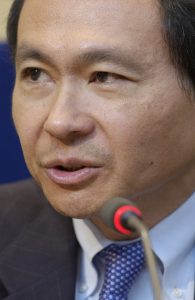
One of Fukuyama’s broader points is that, in the arena of modern liberal democracies, the United States has always lagged behind in terms of quality of state infrastructure. This is mostly because our democracy emerged before our institutions modernized, which historically is a recipe for disaster. The US was able to right the ship in the second half of the 19th century when a wave of progressive reforms professionalized the federal civil service and we ended up with fairly respectable institutions, although still nowhere near the quality (in terms of professionalism and efficiency) of states like Germany or Japan that modernized before they liberalized or states like the UK that–due to unique class structure–were able to fairly painlessly push through reforms in a matter of years that took the US a major national movement and decades to emulate.
The SEC was not one of the agencies that Fukuyama chose to focus on, but it could have been. His analysis would have fit perfectly with Markopolos’s, both in terms of the content and also in terms of the conclusion: America’s national institutions are once again in a period of deep corruption, inefficiency, and impotence.
One of the key points that Michelle Alexander makes in The New Jim Crow is that mass incarceration is primarily the result of the War on Drugs (rather than violent crime):
As numerous researchers have shown, violent crime rates have fluctuate over the years, and bear little relationship to incarceration rates, which have soared during the past three decades regardless of whether violent crime was going up or down. Today, violent crime rates are at historically low levels, yet incarceration rates continue to climb.
Moreover, whites and blacks violate drug laws at basically equal rates, but it is the black population that bears the overwhelming burden of suspicion, policing, prosecution, incarceration, and life with a criminal record while the white population–equally as likely to consume drugs–is blissfully ignorant and immune to the pointy end of the War on Drugs.
The question is: why? The laws and policies that constitute the War on Drugs are colorblind, not racist. One possible explanation is sheer racial animus: the police and prosecutors and legislators who enact and define the War on Drugs hate black people, and they deliberately–but covertly–use the War on Drugs to attack them. This is not plausible, however, and instead Alexander focuses on unconscious racism and incentives.
For example, the federal government–in an effort to win points by looking to be tough on crime–through massive resources into encouraging the War on Drugs by offering money to police departments that showed high numbers of drug convictions. And so:
It is impossible for law enforcement to identify and arrest every drug criminal. Strategic choices must be made about whom to target and what tactics to employ. Police and prosecutors did not declare the War on Drugs, and some initially opposed it, but once the financial incentives for waging the war became too attractive to ignore, law enforcement agencies had to ask themselves, if we’re going to wage this war, where should it be fought and who should be taken prisoner? That question was not difficult to answer, given the political and social context.
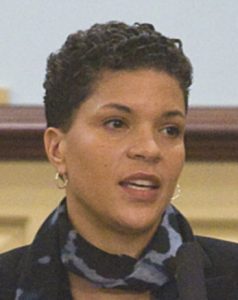
The incentives made it clear that arrests would happen. The question was just: where would they take place? And the answer, inevitably, was “among populations with the least ability to fight back politically.” Thus, the War on Drugs is not an effect of pre-existing racism as much as it is a cause of racism. This does not make the War on Drugs unique, however. If there’s one thing I’ve come to learn from studying the history of racism in the US, it’s that racism is always instrumental. The first consideration is always power. Racism is a servant of that quest for power. And this goes back to the very beginning. The slave trade was initially not very racist, in that the gap between white indentured servants and black slaves was fairly minimal. Slavery was, for example, not hereditary. A black child was born free, not slave. After Bacon’s Rebellion, however, when white servants and black slaves rose up together to fight against the elites, slavery was reformed as an institution to make it racially defined. Why? Because that allowed elites to split the coalition of poor whites and poor blacks. So: the quest for power created the racial aspect of slavery which, in turn, created race.
The point is that power and class warped the War on Drugs so that affluent (predominantly white) neighborhoods are left in peace and poor (predominantly black) neighborhoods are treated like warzones. There’s crime everywhere, but it only gets enforced where it makes political sense to do so.
White collar crime is the mirror image of the War on Drugs, and that’s where the connection to No One Would Listen comes in. Markopolos makes it clear that Madoff was far from unique: the entire financial sector is riven with dishonest and blatant criminality. Here’s one example:
My younger brother had had similar experiences. At one point he was hired by a respected brokerage firm in New Jersey to run its trading desk. On his first morning there he walked into the office and discovered that the Bloomberg terminals that supposedly had been ordered hadn’t arrived. Then he found out that the traders didn’t have their series 7 licenses, meaning they weren’t allowed to trade. And then he learned that the CEO had some regulation 144 private placement stock which legally is not allowed to be sold. But the CEO had insider information that bad news was coming, and he wanted to sell the stock. My brother explained to the CEO, “You can’t sell this stock. It’s a felony.” The CEO assured him he understood. My brother went out to lunch with the Bloomberg rep to try to get the terminals installed that he needed to start trading. By the time he returned to the office, the unlicensed traders had illegally sold the private placement stock based on insider information. My brother had walked into a perfect Wall Street storm.
He called me in a panic, “What do I do?” I said, “These are felonies. The first thing to do is write your resignation letter. The second thing you do is get copies of all the trade tickets. Get all the evidence you can on your way out the door. And the third thing you do is go home and type up everything and send it to the NASD.” That’s exactly what he did. The NASD did absolutely nothing. These were clear felonies, and the NASD didn’t even respond to his complaint.
So Markopolos’s brother witnesses felonies, gathers the evidence, and alerts the NASD and then… nothing. Just as Markopolos realized what Madoff was doing, gathered the evidence, and alerted the SEC and then… nothing. He sent them at least three or four major document dumps over a decade. Later on, he put together 20 other whistleblower cases, tied them up with a bow, and delivered them to the SEC for prosecution and again: nothing. Every one was rejected.
Poor blacks are convenient targets. Police departments and municipal governments essentially extort them by unequal application of laws. Rich white investment bankers are inconvenient targets. Gov’t agencies assigned to regulate and monitor them essentially act as their servants by unequal application of laws. As Markopolos points out, the SEC and other agencies would go after fraud cases now and again, but only small fish. They’d never touch the big guys, the rich guys, the influential guys.
Putting together Markopolos, Fukuyama, and Alexander doesn’t lead to a cheery or rosy view of the state of the United States, but I do think it’s a useful view. And besides, one lesson of Fukuyama is that political decay can be reversed. Institutions can be revitalized. One lesson of the Civil Rights is that human dignity can be broadened and justice can move forward. And–while Markopolos did not succeed in convincing the SEC to stop Madoff before he his scheme had ballooned from $7B to $60B, he did become a professional fraud-fighter after that, and so even in his case there is the potential for good to come out of bad situations. I think we all sense that the nation is not in a good place, but having an accurate understanding of what is wrong is the first step to finding truly effective solutions, and these books–to me–seem to work together to provide a substantial piece of that understanding.


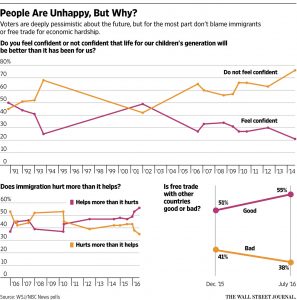

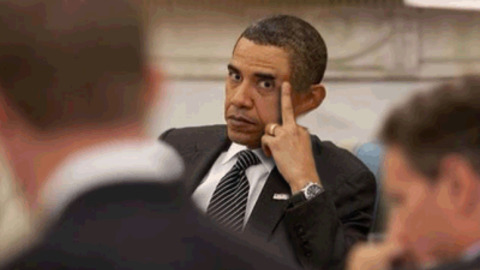
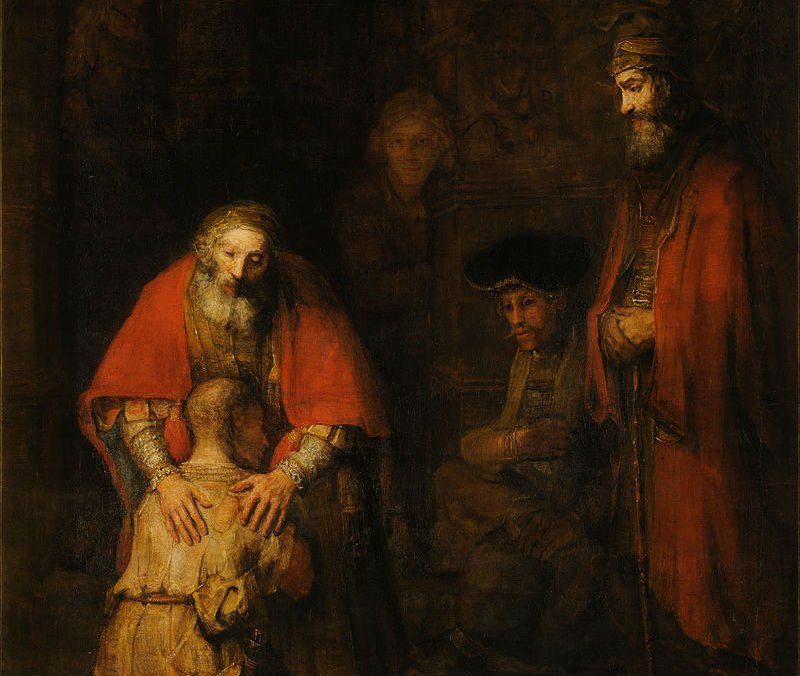
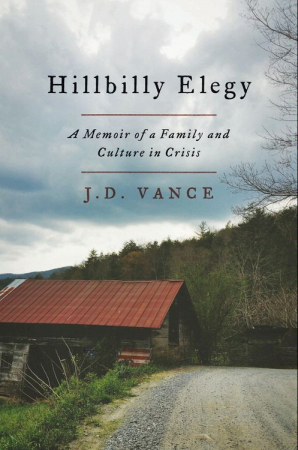

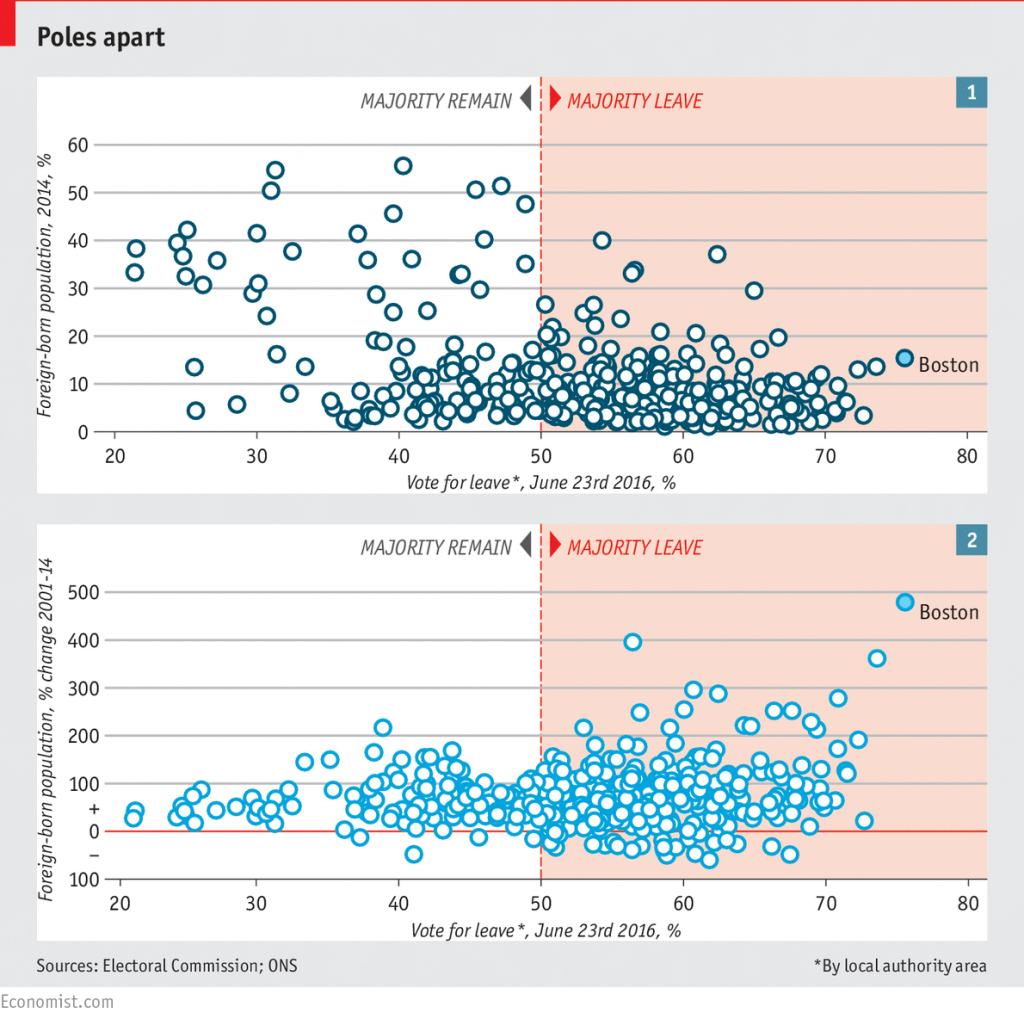
 Calestous Juma, Professor of the Practice of International Development at Harvard’s Kennedy School of Government, has a
Calestous Juma, Professor of the Practice of International Development at Harvard’s Kennedy School of Government, has a